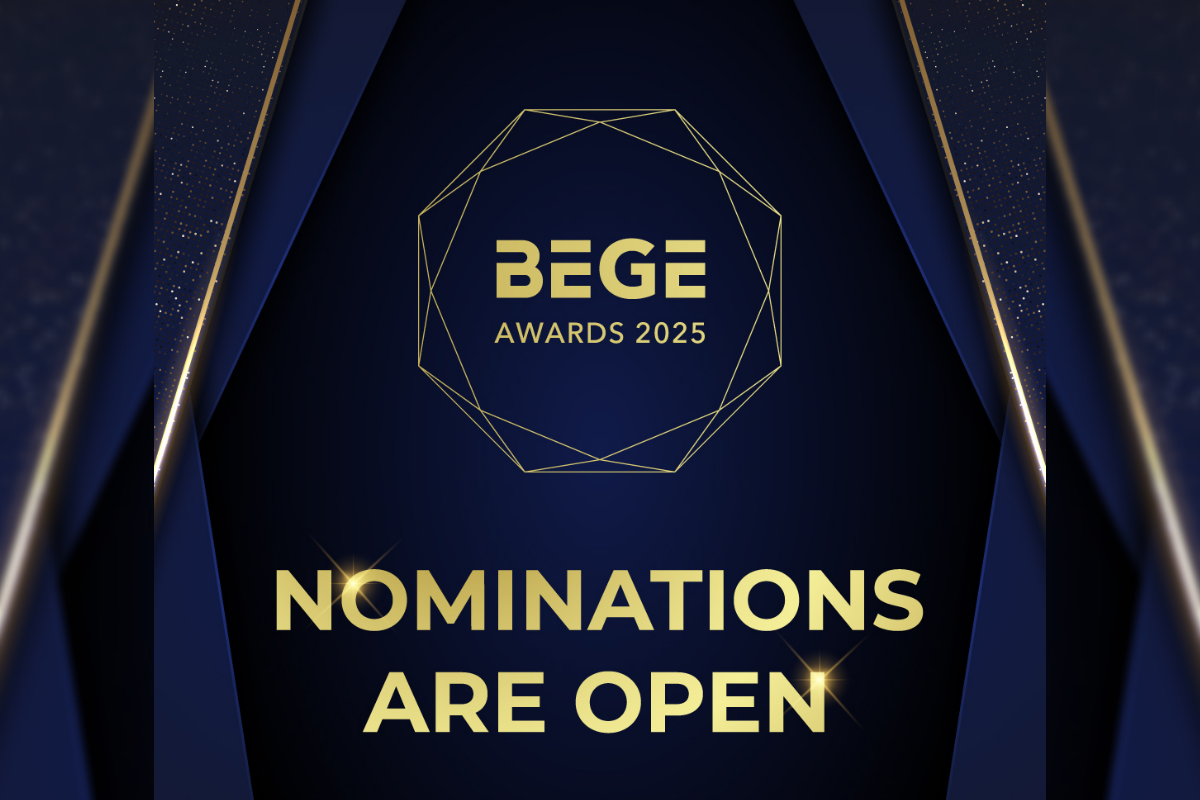Baltics
Court Declares Rīga’s Ban on Gambling Unconstitutional

The Constitutional Court of Latvia said on April 4 that it had deemed the restriction on the organisation of gambling throughout Rīga unconstitutional, as the municipality has not justified why gambling is prohibited in the specific areas.
The case was brought before the Constitutional Court following applications by the gambling companies Olympic Casino Latvia Ltd, Alfor Ltd and Joker Ltd. They requested an assessment of the compliance of the Rīga spatial plan with Article 105 of the Constitution, which provides for the right to property that may be restricted only following the law. Compulsory expropriation of property for public needs is only allowed in exceptional cases on the basis of a separate law against fair compensation.
The contested norm provides, however, that the organisation of gambling and the provision of gambling services are prohibited in the entire administrative territory of Rīga, except where such gambling venues are located in four- or five-star hotels.
Six years ago, the Riga City Council decided to close down 42 gambling venues in the city centre, and last September it decided to cancel 139 permits for gambling venues outside the city centre. They must close within five years.
The Constitutional Court found that the organisation of gambling is a legal commercial activity existing in conditions of free competition.
The legislator has given the municipality the competence to assess independently which areas or territories of the municipality should be subject to restrictions on the organisation of gambling. The municipality is also entitled to designate an unlimited number of areas in the spatial plan where gambling is not allowed. However, the municipality must comply with the principle of territorial assessment laid down in the authorisation granted by the legislator.
The Constitutional Court found that the municipality had failed to state reasons why the organisation of gambling was prohibited in the functional zones of the spatial plan, where commercial activities were envisaged as one of the permitted uses of the territory.
In accordance with the principle of assessment of territories laid down in the Law on Gambling, the municipality must assess, for example, in the spatial planning process, the built-up area and the location of infrastructure facilities, the population density, the interests of residents and traders and other relevant aspects which may be the basis for imposing restrictions on the organisation of gambling.
No such assessment has been carried out by the municipality prior to the establishment of restrictions on gambling throughout the territory of Riga.
The Constitutional Court held that the restriction on fundamental rights contained in the contested norm was incompatible with Article 1 and the first, second and third sentences of Article 105 of the Constitution.
-

 Asia7 days ago
Asia7 days agoDigital gaming disruption tackled in 1st AsPac Regulators’ Forum
-

 Africa7 days ago
Africa7 days agoBetKing Renews Ikorodu City FC Partnership for 2025/26 NPFL Season
-

 Compliance Updates7 days ago
Compliance Updates7 days agoKongebonus statement: Norway’s election result signals gambling policy continuity, but licensing debate is set to intensify
-

 Balkans7 days ago
Balkans7 days agoBEGE Awards Nominations Now Open – Celebrating 16 Years of Industry Excellence!
-

 Latest News7 days ago
Latest News7 days agoWin a Fruity Fortune in BGaming’s Bonanza Trillion
-

 Latest News7 days ago
Latest News7 days agoAnswer the Call of the Wild: ELA Games Unveils Its Latest Game “Buffalo Force”
-

 Latest News7 days ago
Latest News7 days agoSlots Temple Announces Exclusive Free-to-Play Tournament Partnership with Pragmatic Play
-

 Latest News7 days ago
Latest News7 days agoSaddle up for big wins under the Bison Moon with the latest slot from Northern Lights Gaming






















